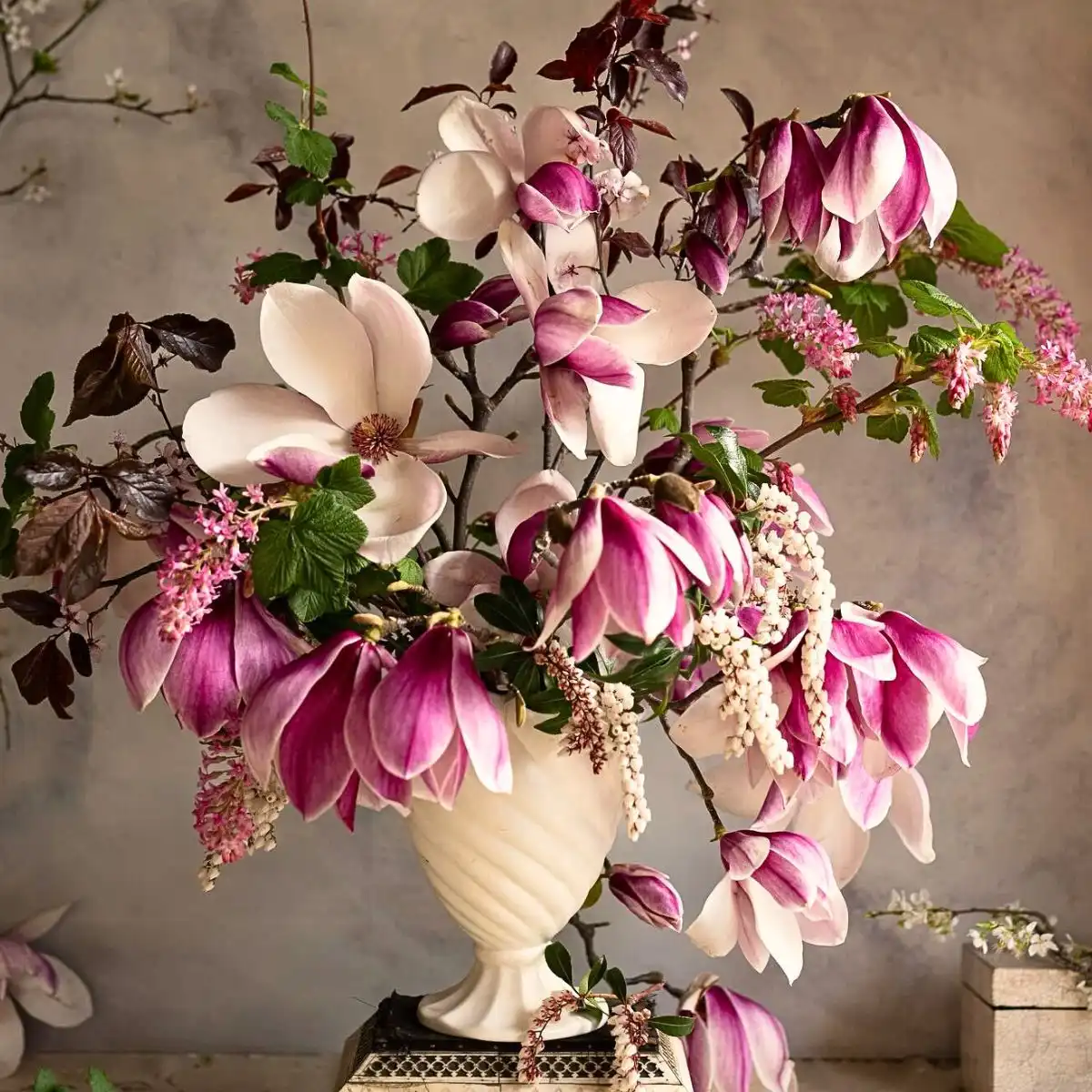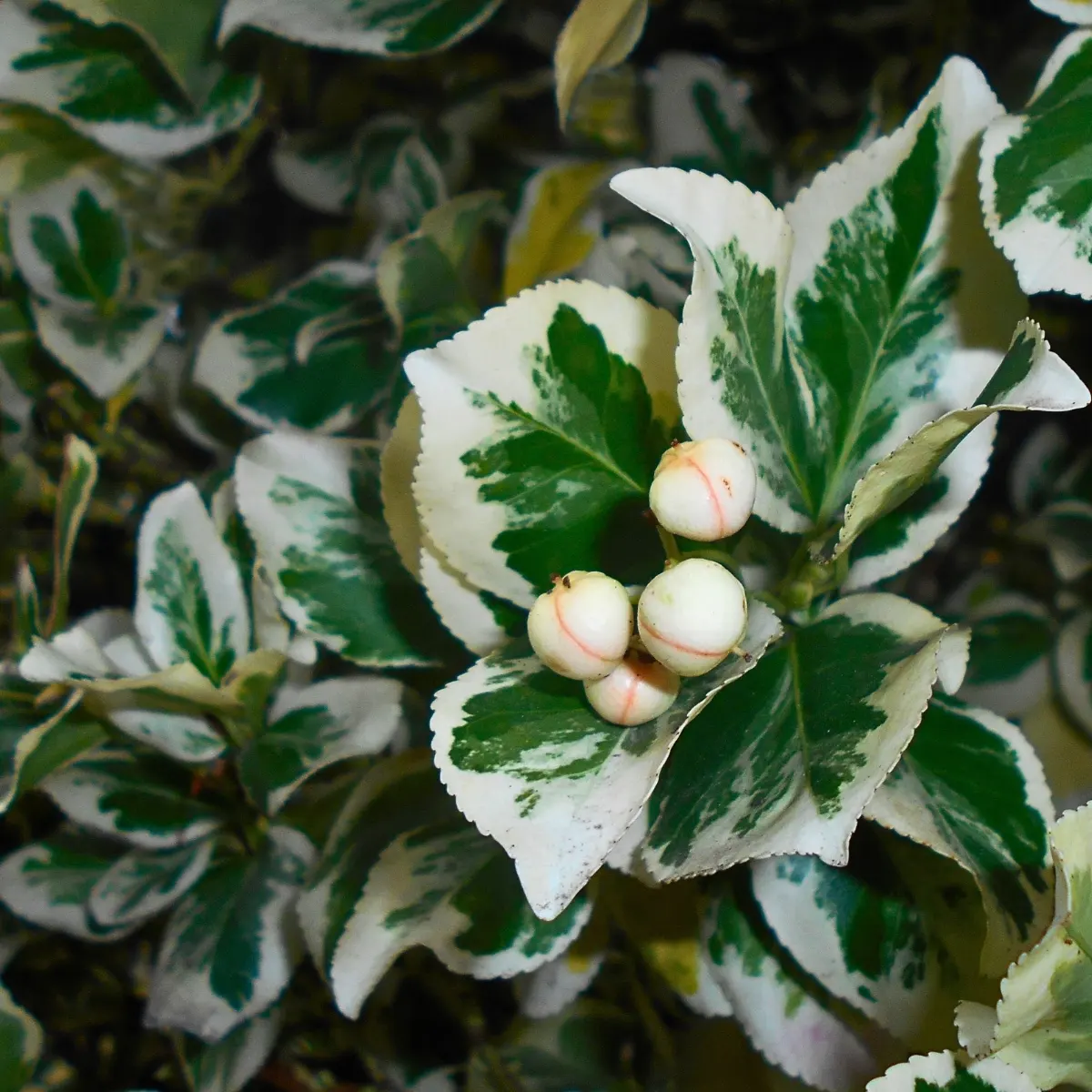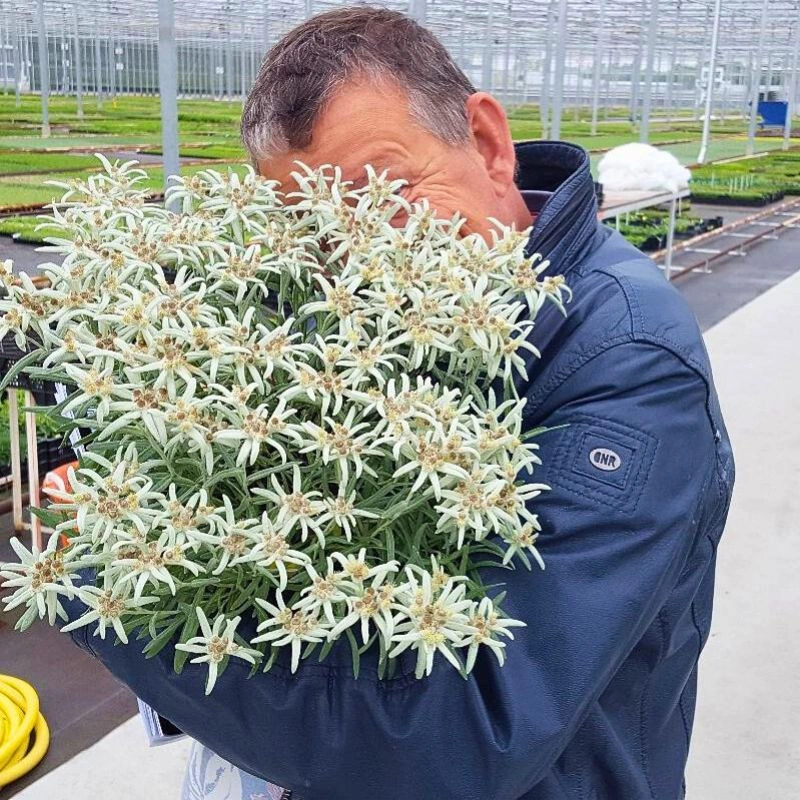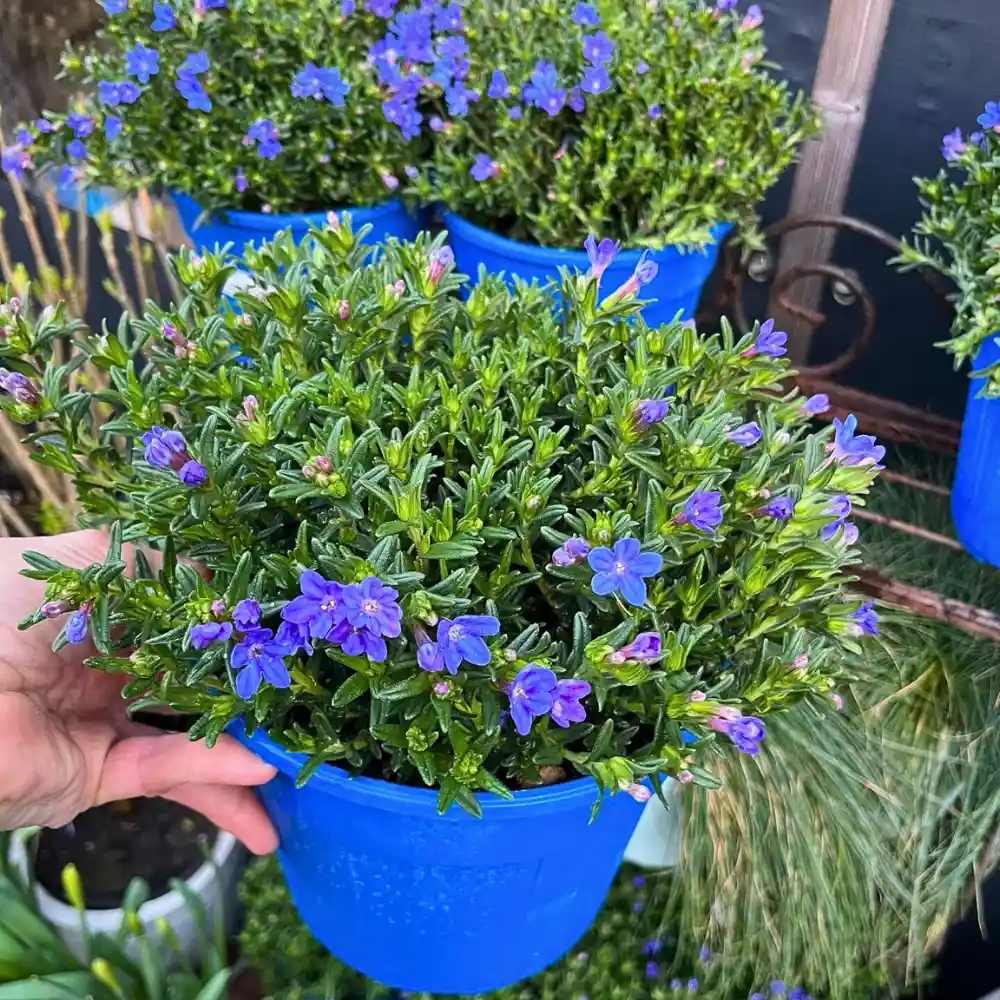Many places around the world are experiencing scorching summer temperatures. The Australian Climate Service even reports that the country's average temperature has risen by a whole 1.4°C—that's a big jump! No wonder you're dreaming of a cool escape from the summer sun in your own backyard.
Well, there's a simple solution to turn that—the shade sail! Imagine one draped over your patio, casting dappled light on your favorite plants and flowers. Sounds like the perfect sanctuary garden, isn’t it? The good news is you can easily achieve this. Here’s how:

Designing Your Oasis
The first thing on the agenda is designing your shade sail! Think of it like a giant, colorful canopy—it stretches out across your chosen spot, blocking the sun and keeping things cool and shady underneath. The best part about it is that shade sails come in all shapes, sizes, and colors! This is the reason why the market for these devices is growing, peaking at an all-time high of USD$ 1.83 billion in 2023.
But before looking through design ideas, it’s important to consider the spot where you’ll mount the shade sail. Sketch a rough layout to visualize the space and measure the distances between the points where you'll be securing the sail. Think about trees, posts, or even walls that could act as anchor points.
If designing your own shade sail isn't a strong suit of yours, fret not. It'd be as easy as working with a reputable supplier in your area to build a shade sail impeccably customized to your preferences.
Shape, Size, and Sun Smarts
As highlighted earlier, shade sails come in different shapes. Among the popular options are triangles, squares, and rectangles. However, while these shapes offer stability, avoid designs that are too long and narrow. A good rule of thumb is to keep the longest side no more than twice the length of the shortest side. Remember, a manageable size is key—large sails exceeding 550 square feet can be tricky to handle and install.
Now, it's time to talk about the sun's position. Shade sails are most effective when they block the sun during the hottest part of the day. However, the sun's position changes throughout the seasons. To ensure consistent shade, factor in this seasonal movement. Sometimes, one may need a larger sail to compensate for the sun's path during peak summer heat.

Choosing the Right Fabric
When it comes to shade sails, picking the right fabric is key. It's like picking the perfect sunscreen for your patio. You want something strong that will block out the sun's harmful rays in two ways. First, look for a fabric that's UV-resistant. This means it will act like an umbrella for your entire hangout spot, keeping you and your plants safe from sunburn.
Second, make sure the fabric lets water drain through easily. You don't want a giant puddle forming on top after a rain shower, do you? This could damage the sail or make it sag. The best shade sail fabrics block a high percentage of UV rays, ideally over 50%. Take note of this if you want a cool zone underneath. Think of it like having a giant shade tree without even you needing to plant one!
Planning for the Elements
Taking care of your shade sail is all about keeping it happy and healthy, and that means dealing with two main things: rain and wind.
To keep rainwater from pooling on top and potentially damaging the sail, you'll need to give it a slight slant, kind of like a gentle slide at the playground—but not quite as steep! Ideally, you want the angle to be between 15 and 20 degrees. This will allow rainwater to drain off easily.
Next up, there's wind. Nobody wants a sail flapping around in a breeze, so to keep it nice and taut, use strong hardware like turnbuckles and D-shackles. Think of them as super strong belts that will pull the sail tight and secure. Finally, no matter what material you use for the posts that hold your sail, make sure they're buried at least three feet deep. This will give them the strength they need to hold the sail steady, even on windy days.

Planting Paradise Under Your Sail
You've got your awesome shade sail creating a cool, shady spot—fantastic! Now, it's time to bring this space to life with some amazing plants. Since the area gets less direct sunlight because of the sail, you want to focus on plants that actually love a bit of shade. Think impatiens, begonias, and fuchsias, to name a few.
These plants are all superstars when it comes to adding pops of color with their stunning flowers. They'll thrive in the dappled light filtering through your shade sail. And guess what? Even some veggies can join the party. Lettuce and spinach will do just fine under the gentle shade you've created.
Climbing Companions and Colourful Accents
Don't limit yourself to just ground cover! Introduce vertical elements by training climbing vines like clematis or morning glory on the support structures of your shade sail. Also, think about adding pops of color and personality around the edges of the shaded area. Here's where colorful pots and planters come in.
Fill them with shade-loving plants to continue the theme and create a vibrant, inviting atmosphere. Don't be afraid to experiment! Play around with different pot sizes, shapes, and colours to reflect your style. Maybe you prefer a collection of classic terracotta pots, or perhaps a burst of bright, modern planters is more to your taste. This is your chance to get creative and have some fun!
Beyond the Basics
While the core elements are in place, there's always room for personalization! Here are some additional ideas to elevate your garden sanctuary:
- Hammock retreat: Who doesn't love swaying gently in a hammock under the shade? Find a spot suitable for hanging a hammock and create a relaxing retreat perfect for afternoon naps or reading a book.
- Water feature: The sound of trickling water adds a calming element to any outdoor space. Consider a small tabletop fountain or a water feature built into a pot for a peaceful ambience.
- Comfy seating: Place comfortable chairs or a small outdoor seating set under the shade sail. This is a perfect spot to relax and enjoy your surroundings and the cool atmosphere.
In Closing
Who said creating a cool, shady haven that's both beautiful and relaxing is impossible? And although planning and planting might seem overwhelming, everything would be doable once you start the work running. So get those creativity wheels running. And don't you fear getting your hands a little dirty. The results will certainly be worth all the effort!










